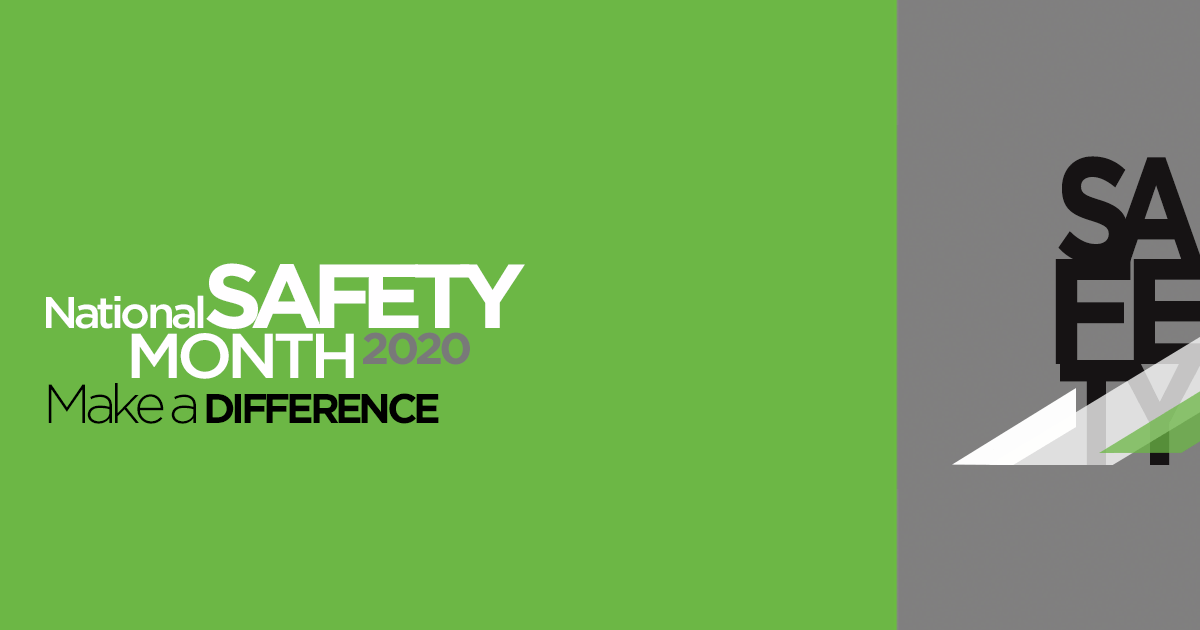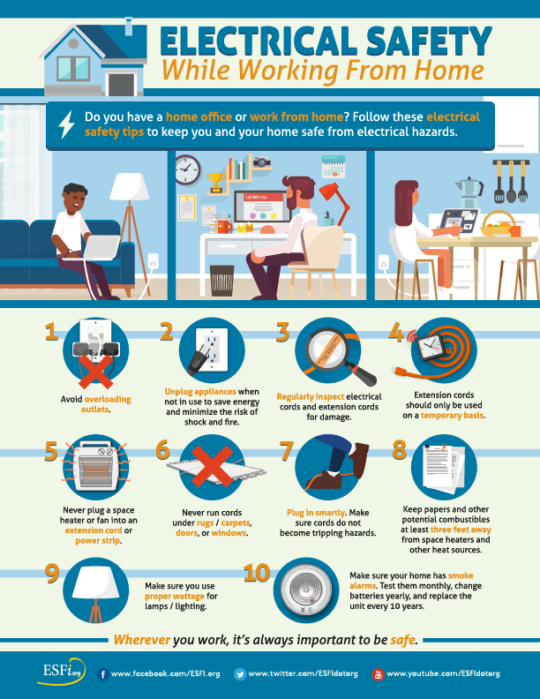
June is National Safety Month and as safety is one of Matrix’s core values, we’re here to celebrate and recognize the importance of keeping safety top of mind. On week 1 of safety month, we hear from Matrix Service Vice President, HSE & People Karen McDonald as she encourages us to reflect on and learn how we can continue to bring the safety culture we live at work into our homes.
Are you prepared for a medical emergency? Here are several questions to review to help you determine your readiness to deal with a medical emergency:
Being prepared is your best defense against a fire in your home. Minimize your family’s risk of fire-related injury by following these safety tips.
Smoke alarms. Smoke alarms save lives. It is important to put smoke alarms in the right places in your home. You should also test them regularly to make sure that they work properly. You can minimize your family’s risk of fire-related injury or death by installing the right number of smoke alarms in the right places in your home, and by keeping them all in good working order.
Fire extinguishers: Purchase a fire extinguisher for your home and keep it handy in the event of a small fire. Make sure you know what to look for when buying a fire extinguisher for your home.
Lighters and matches: Children who have access to lighters and matches risk causing fires that could lead to injuries and death. Reduce the risk to you and your family by keeping these items out of sight and reach of children at all times and teaching children about the dangers of lighters and matches.
Candles: Candles can be a serious fire hazard if not used properly. Some candles also have design flaws that increase the risk of fire. Reduce health and safety risks by extinguishing candles before going to bed or leaving the room, keeping them out of reach of children or pets, and using sturdy candle holders that won’t easily tip over.

Follow these top 10 tips for safer house cleaning:
Personal Protective Equipment (PPE) is issued to our employees in protecting themselves from the hazards of their work environments. Often overlooked is the importance of utilizing appropriate PPE in the home environment.
The following chart lists several types of PPE and their use with common household/leisure activities: